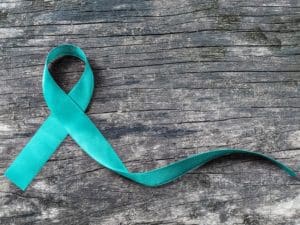Sexual Assault
 It can be uncomfortable to talk with your college student about sex, much less sexual assault. It is probably on your mind, and it is important for your college student to think about it too. CollegeParentsMatter.org, a website created by The Maryland Collaborative, provides tools and scripts to improve communication with your college student about high-risk situations. Click the button below to view the College Parents Matter resource on talking to your college student about sexual assault.
It can be uncomfortable to talk with your college student about sex, much less sexual assault. It is probably on your mind, and it is important for your college student to think about it too. CollegeParentsMatter.org, a website created by The Maryland Collaborative, provides tools and scripts to improve communication with your college student about high-risk situations. Click the button below to view the College Parents Matter resource on talking to your college student about sexual assault.
Sexual Assault
 It can be uncomfortable to talk with your college student about sex, much less sexual assault. It is probably on your mind, and it is important for your college student to think about it too. CollegeParentsMatter.org, a website created by The Maryland Collaborative, provides tools and scripts to improve communication with your college student about high-risk situations. Click the button below to view the College Parents Matter resource on talking to your college student about sexual assault.
It can be uncomfortable to talk with your college student about sex, much less sexual assault. It is probably on your mind, and it is important for your college student to think about it too. CollegeParentsMatter.org, a website created by The Maryland Collaborative, provides tools and scripts to improve communication with your college student about high-risk situations. Click the button below to view the College Parents Matter resource on talking to your college student about sexual assault.
